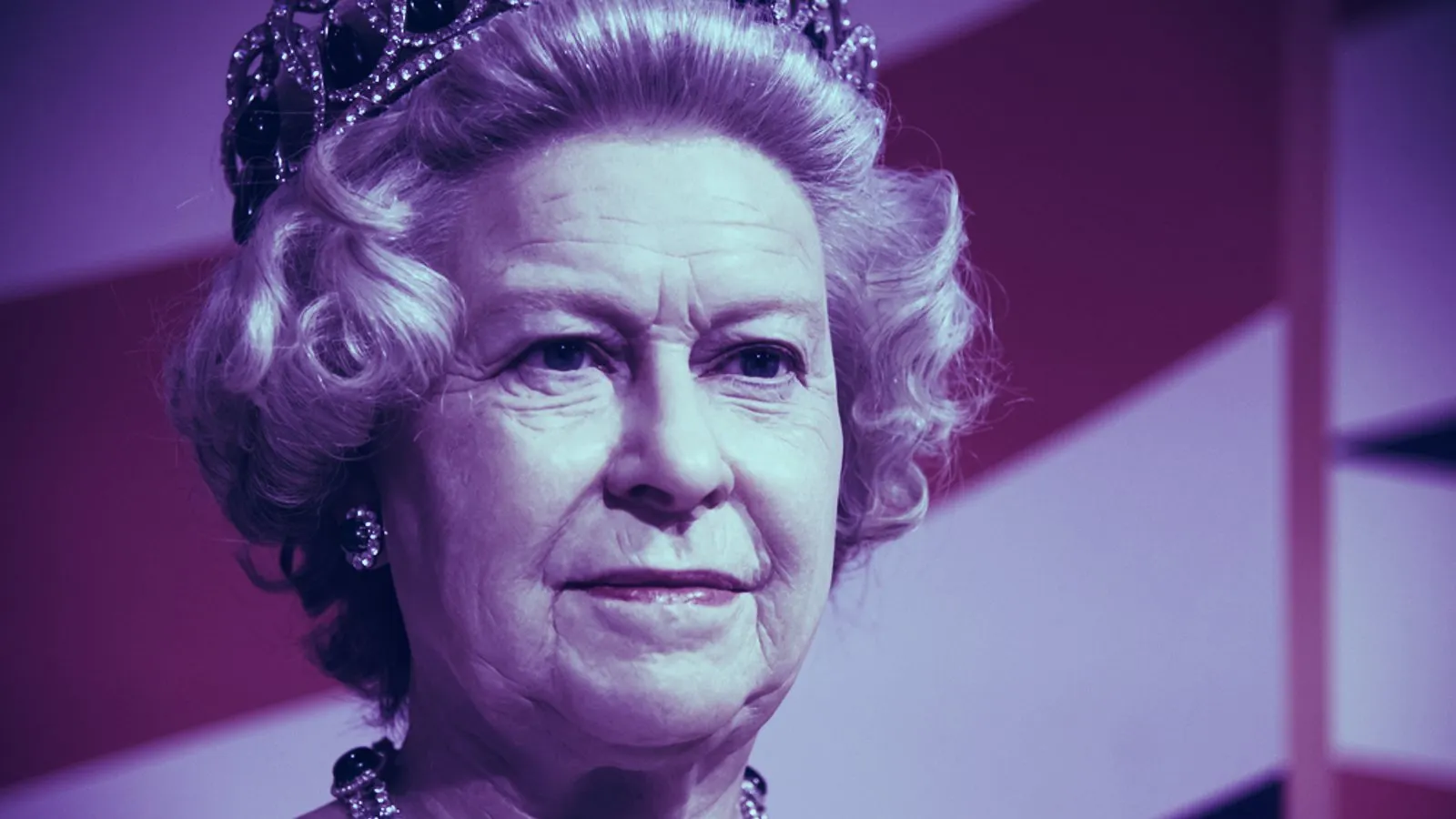On Monday, the UK government’s “Cryptoasset Taskforce,” a loose alliance of leading financial bodies and watchdogs, released a report laying out a series of recommendations and insights into the industry.
Most optimistically, the report said there were “no regulatory barriers” to the full-scale adoption of blockchain technology. Most generously, it pledged to provide a more substantive set of crypto-taxation guidelines by 2019. And most artistically, it published a flowchart delineating between crypto-assets used as a means of exchange, used to raise capital, and used for investment. The cherry on the cake, however, was a sour one, as it made clear that so-called “exchange” tokens need a lot of work before they can be trustworthy. But overall things looked rosy.
The next day, the Financial Conduct Authority, the UK’s principal financial watchdog, took a hammer to this cake of crypto loveliness, signaling that it was mulling a ban on crypto derivatives, like futures, which fall under its remit. It’s also running a parallel investigation into whether its jurisdiction could, or should expand to include exchanges and “wallet providers.”
Just in case you weren’t sure how the Authority really felt about the whole thing, a spokesperson said, “cryptoassets have no intrinsic value and investors should therefore be prepared to lose all the value they have put in.”
So the UK, like the US, is hopelessly conflicted. On one hand, it likes the wide spectrum of novel investment opportunities that cryptoassets make possible. On the other, it’s cautious about throwing its weight behind a technology still largely associated with anarchists and, well, scammers. It’s the age-old dilemma of the institutional usurper. Like when punk went mainstream, UK regulators are saying: "We see that there’s money in this thing, but how do we get rid of the punks?"
MapleChange
So continues the weird saga of MapleChange, the Canadian crypto exchange that had all its funds stolen, told customers it wouldn’t be able to reimburse them, shut down all of its social media profiles, was widely accused of having performed an exit scam, and now has, er, swiftly reappeared with a new set of dubious promises. So what happened?
DOXXing is what happened (probably). As soon as MapleChange’s founders went AWOL, rumors swirled that they had absconded with the supposedly stolen funds. Bitter vigilantes promptly identified the founders as Alberta-residents Didel Poenaru and sons, and released details of their home address, which, as far as Google Maps shows, is a cozy-looking leafy suburb on the outskirts of Edmonton, Alberta.
Following the DOXXing, the founders reanimated their social media accounts, insisting that they had just needed time to “think this solution through,” and that they would, actually, reimburse their customers—to an extent.
We have not disappeared guys. We simply turned off our accounts temporarily to think this solution through. We cannot refund everyone all their funds, but we will be opening wallets to whatever we have left so people can (hopefully) withdraw their funds.
— MapleChange (@MapleChangeEx) October 28, 2018
Yet the founders made no attempt to tackle the accusations of fraudulence. Instead, they railed against claims that the supposed hacker had stolen "919" bitcoins, arguing that MapleChange had only ever had “two” bitcoins in its custody, max. So if it was an exit scam—and MapleChange has done little to suggest that it wasn’t—at least we now know that it wasn’t a particularly lucrative one.
Still, it’s worth noting the origin of this bizarrely specific number that, in MapleChange’s words, the media “spewed out.” Weirdly, it can be traced to this Ethereum World News post on the 29th, which unearths the number (actually 913, not 919) from seemingly nowhere. Or not.
Irrelevant of what the media has spewed out about us, I'd like to bring to light our point of view, should you choose to believe it or not. We have NEVER had 919BTC in our wallet, the picture that displayed so showed the volume abuse caused by the hackers.
— MapleChange (@MapleChangeEx) October 29, 2018
The author of the Ethereum World News post, Nick Chong, recalls seeing the number in a MapleChange tweet. “I'm trying to find the exact Tweet I quoted... But I'm fairly sure there was a image with someone discussing the 913 BTC figure somewhere on the web here. But I believe that MapleChange has since denied that 613 BTC [sic] was stolen."
Decrypt remembers seeing such a tweet, too. If only there was a way to immutably preserve this sort of thing.
In Other News
- Ripple Labs acquires ex-Google messaging tech chief, Amir Sarhangi, as its vice president of products.
- Bitcoin drops to the $6,100 mark.
- Diamond giant De Beers finds willing party to its Grand Blockchain Experiment.
- Privacy coin Zcash launches “Sapling” hard fork to streamline and bolster security on transactions.
Read next: Who gets to kill Gab?

